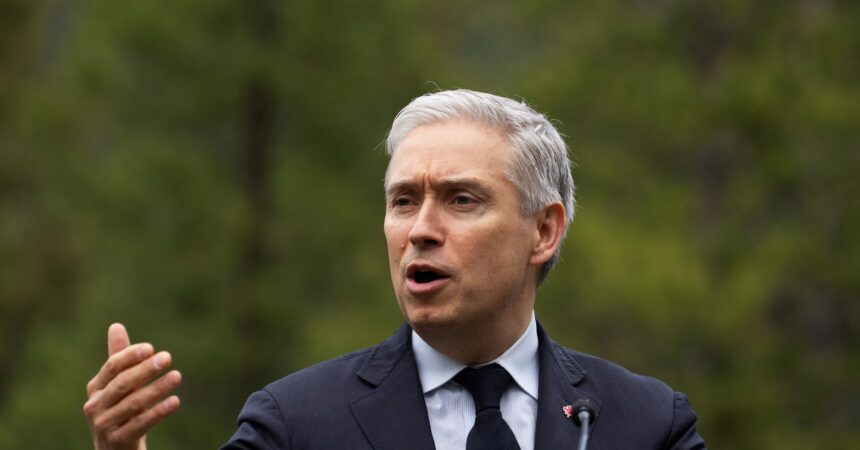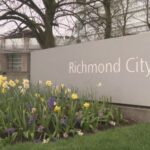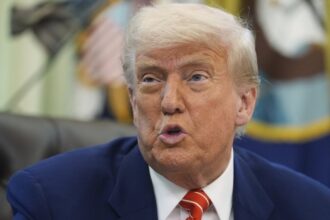The tranquil mountain-framed shores of Vancouver will serve as the backdrop for next year’s G7 finance ministers summit, as Canada positions itself to lead critical global economic discussions at a time of persistent international uncertainty.
Canadian Finance Minister Chrystia Freeland announced Wednesday that the 2025 gathering will focus on sustainable economic growth and stability—priorities that reflect mounting concerns about inflation, trade tensions, and uneven post-pandemic recovery across developed nations.
“In a world gripped by economic volatility, the G7 summit in Vancouver represents a crucial opportunity to forge pathways toward sustainable prosperity,” said Freeland during her announcement at Parliament Hill. “Canada is committed to advancing an agenda that addresses both immediate challenges and long-term structural economic issues.”
The finance ministers’ gathering will come at a pivotal moment in the global economic landscape. With interest rates potentially stabilizing across major economies but significant geopolitical tensions threatening supply chains, the discussions will aim to coordinate monetary and fiscal policies that can withstand these pressures.
Canada’s economic outlook remains cautiously optimistic despite these headwinds. The Bank of Canada has begun its slow pivot away from restrictive monetary policy, but consumers continue feeling the squeeze of elevated living costs that have outpaced wage growth for many households.
“Vancouver represents not just a beautiful setting but a symbolic choice,” explained economist Patricia Chang of the Vancouver Economic Forum. “As a Pacific gateway city, it embodies the increasing economic importance of Asia-Pacific relations and trade diversification strategies that Canada and other G7 nations are pursuing.”
Security preparations are already underway for the high-profile meeting, which will draw protests from groups critical of G7 policies. The Royal Canadian Mounted Police has confirmed it will coordinate with local law enforcement to ensure both safety and the right to peaceful demonstration.
The meeting’s agenda is expected to include detailed discussions on artificial intelligence regulation, cryptocurrency oversight, and climate finance—areas where Canada has been working to establish leadership positions in recent years. These topics represent not just economic concerns but interconnected challenges that cross traditional policy boundaries.
Political analysts note that hosting duties will fall to whichever party wins Canada’s next federal election, adding another layer of uncertainty to the summit’s ultimate focus and tone.
Beyond immediate policy coordination, the summit represents an opportunity for Canada to showcase its economic resilience and strengthen diplomatic ties at a time when global alliances face unprecedented tests.
Will this gathering produce meaningful action or merely symbolic commitments? The answer may depend on how effectively Canada leverages its host status to push beyond the typical diplomatic platitudes toward concrete, implementable solutions for an increasingly complex global economy.
For more on Canada’s economic positioning and international relations, visit CO24 Business or follow our CO24 Breaking News for updates as summit preparations progress.










